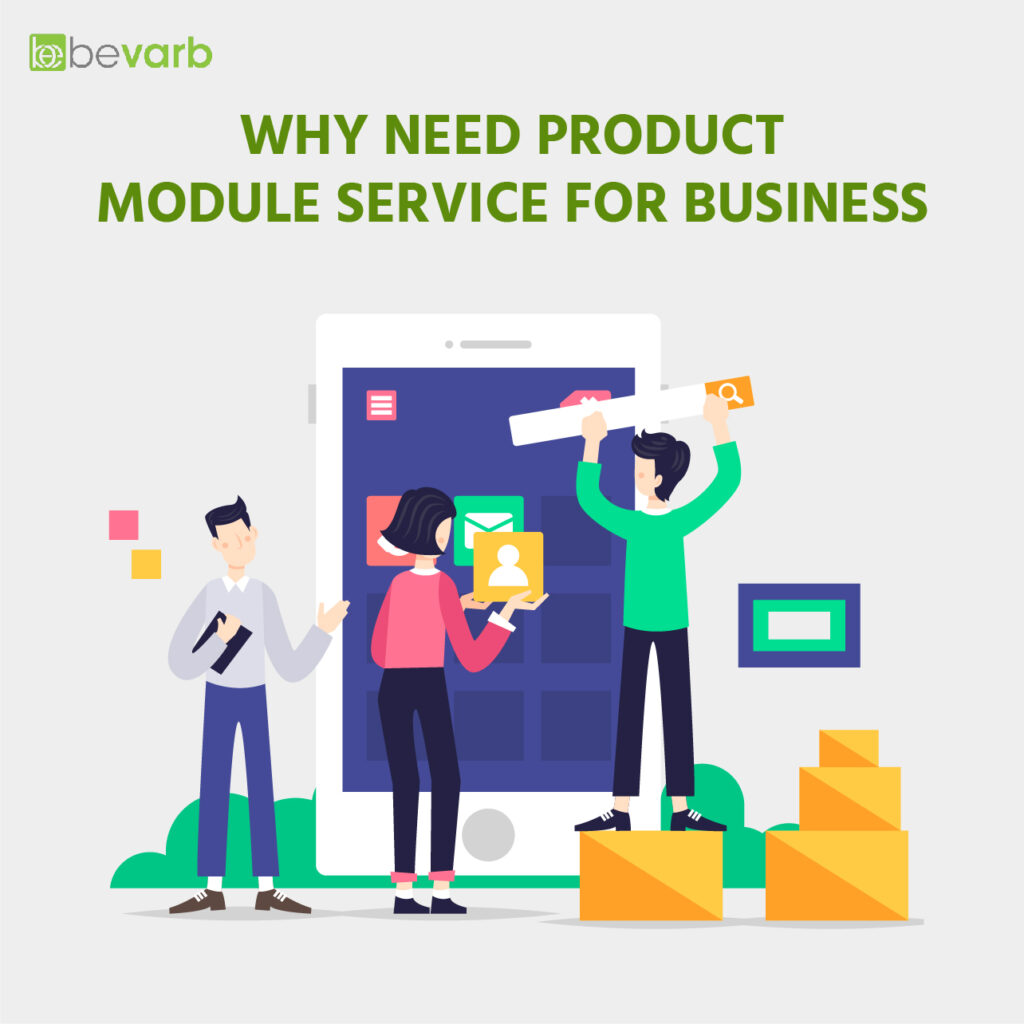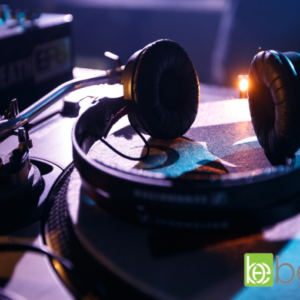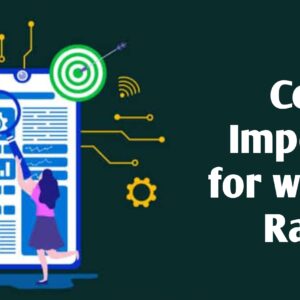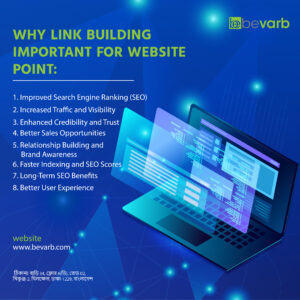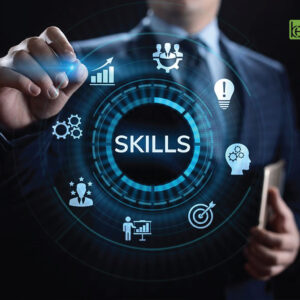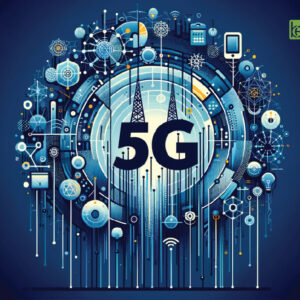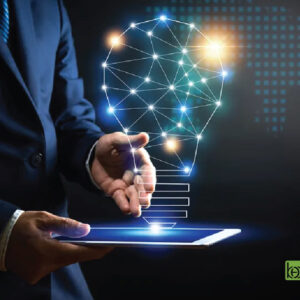Now Reading: The Impact Of AI On The Entertainment Industry
-
01
The Impact Of AI On The Entertainment Industry
The Impact Of AI On The Entertainment Industry
Artificial Intelligence (AI) has rapidly evolved over the past decade, making its way into almost every industry. Among these, the entertainment industry has been profoundly transformed by AI technologies. From streaming platforms to gaming, music, movie production, and even content creation, AI is reshaping the way we experience entertainment.
Whether you’re aware of it or not, AI is already behind some of your favorite shows, movies, songs, and games. In this post, we’ll explore the many ways AI is making waves in entertainment and what the future holds.
1. AI and the Movie Industry
AI has already made a huge difference in film production and its role will only increase. Making a movie used to be a long and complicated process, including writing scripts, filming scenes, editing, and adding special effects. This entire process now increasingly relies on AI, which speeds it up and enhances creativity.
Scriptwriting
AI tools analyze, use NLP, artificial intelligence, detect the features which make a movie or television series successful, by determining the successful recipe or recipe ingredients from the screenplays. AI-generated dialogue, plot twist suggestions, and even character arcs will inspire authors. AI-generated scripts will not be complete but, afford the writer a space where he can write faster and more efficiently.
Pre-Production Planning
AI is also helping in the early stages of making a movie. For example, tools like “Shot Lister” and “Celts” use smart technology to help directors and producers plan their film shoots better. AI can predict the weather, check locations, and organize shooting schedules, which saves time and money.
Visual Effects
In making movies, AI is being used more and more to create amazing special effects. AI programs can now make realistic effects faster and cheaper than before. For example, AI can look at scenes and automatically create backgrounds, so filmmakers can focus on other parts of the movie. AI can also make actors look younger or create very realistic computer-generated characters, like in recent big movies.
Editing and post-production
The editing process in movies is now faster and easier with AI tools. AI software can go through hours of footage, find the best parts, and automatically make rough cuts. This lets editors focus on perfecting the final version. AI can also help with sound, fix colors, and even create full CGI scenes, which makes the work after filming much quicker.
2. Streaming Services
Streaming platforms like Netflix, Amazon Prime, and Disney have completely changed the way we consume entertainment. At the heart of these services lies AI, which plays an integral role in personalizing the user experience.
Content Recommendations
One of the biggest ways AI is used in streaming services is to suggest content. AI looks at what you’ve watched, what you like, and what other users with similar tastes enjoy. Based on this, AI gives you personalized suggestions, making it easier to find movies, shows, and documentaries you might like. These AI recommendations work so well that they are one of the main reasons people keep using platforms like Netflix. If you think about it, when you log into Netflix and the platform suggests your next binge-worthy show, you’re witnessing AI at work.
Predictive Analytics
AI is also used by streaming services to predict what content will be popular next. By analyzing trends in viewer behavior, platforms can make data-driven decisions about which original content to create. This has led to the production of several hits like “Stranger Things” or “The Witcher,” where AI helped guide the creative direction of the shows.
Improved Streaming Quality
AI has greatly improved the quality of streaming content. With smart technology, platforms can now change the video quality based on your internet speed, device, and surroundings. This helps make watching videos smoother and more enjoyable, even when the connection isn’t perfect.
3. AI in Music
AI is making its mark in the music industry as well, revolutionizing both how music is composed and how we experience it. In recent years, we’ve seen AI systems compose original music, recommend songs, and even collaborate with human artists to create new hits.
AI Composing Music
AI tools such as OpenAI’s Muse net and Juke deck can compose music across various genres, from classical to electronic.
These AI systems use smart technology to study existing music and create new songs that follow similar patterns. While human composers are still in charge of the creative process, AI can be a helpful tool for inspiration or making background music for songs.
Music Recommendation Systems
Services like Spotify and Apple Music use smart technology to suggest songs based on what you listen to. AI can even guess what songs you might like depending on your mood, the time of day, and who you’re talking to, making it easier and more fun for people to enjoy music.
AI as a Collaborator
Several artists are already using AI as a tool for collaboration. For example, the electronic music duo YACHT used AI to help produce an album entirely. By training an AI on their previous work, they were able to create a new album that felt like it had been composed by them, but with the added layer of the machine’s input. This fusion of human creativity and AI is opening up new avenues for artists to explore.
4. Video Games
The gaming industry has been one of the earliest adopters of AI technology. Game developers use AI to create smarter enemies, build more immersive worlds, and improve the player experience. But beyond that, AI is also helping to shape the way games are created.
AI in Game Development
In video game development, AI is used to improve everything from character behavior to environment interaction. NPCs (non-playable characters) in modern games use advanced AI to simulate human-like behavior, making the game world feel more alive and responsive. Games like “The Last of Us Part II” and “Red Dead Redemption 2” feature NPCs that react to the player’s actions in complex ways, all thanks to AI.
Procedural Content Generation
AI is also being used to create content dynamically. In open-world games, procedural generation techniques powered by AI algorithms can create vast, detailed game worlds on the fly, allowing developers to generate an infinite variety of landscapes, dungeons, and environments. This ensures that each player’s experience can be unique, with AI helping to create the world as they play.
AI in Personalized Gaming
AI is now enabling personalized gaming experiences based on the individual player’s skill level. AI-driven adaptive difficulty systems can detect when a player is struggling with a particular section of a game and can adjust the game’s difficulty in real-time. This creates a more enjoyable experience for all types of players, whether they are new to the game or seasoned veterans.
5. The Future of AI in Entertainment
As AI continues to evolve, its potential in the entertainment industry is limitless. We’re already seeing AI creating more realistic virtual actors, generating deeper narratives, and even enhancing the interaction between players and in-game environments. In the near future, we might see even more breakthroughs:
- AI-Generated Content: Imagine a world where movies, TV shows, and even video games can be entirely generated by AI. This could radically change how content is created, allowing for hyper-customized experiences for individual viewers.
- Fully Immersive Experiences: AI-powered virtual and augmented reality technologies could create fully immersive entertainment experiences. This could extend to concerts, live theater performances, or even interactive storytelling.
- Interactive AI Characters: In the future, we may interact with AI characters in movies and video games on a deeper level. These characters could learn from us, adapt their responses, and become a unique part of the entertainment we consume.
- Ethical Concerns and AI Regulation: As AI grows more sophisticated, there will be challenges surrounding ethical concerns, such as deepfakes and AI-generated content that blurs the lines between reality and fiction. The industry will need to establish guidelines to ensure the responsible use of AI.
The entertainment industry has already been profoundly shaped by artificial intelligence, and this is just the beginning. Whether it’s in film production, music composition, game development, or streaming, AI is enhancing the way we create, experience, and consume content.
With continued advancements, we can expect even more exciting developments in the years to come. As AI technologies grow more integrated into the fabric of entertainment, one thing is clear: the future of entertainment will be powered by AI, and we’re only just getting started.












